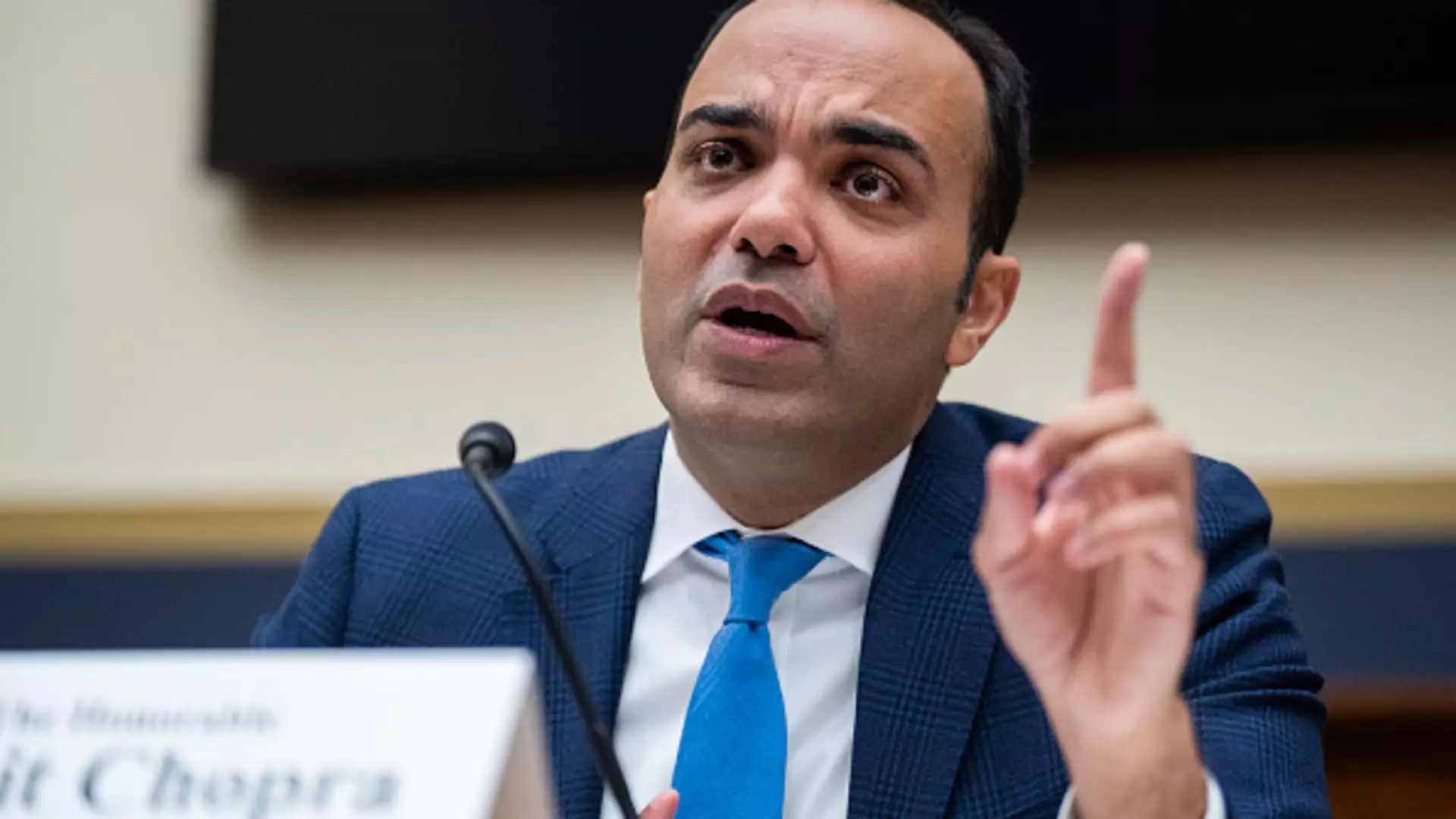The Consumer Financial Protection Bureau recently announced new regulations that will provide customers of the buy now, pay later (BNPL) industry with the same federal protections as credit card users. This move is significant as it brings the burgeoning BNPL industry, dominated by fintech firms like Affirm, Klarna, and PayPal, under the umbrella of the decades-old Truth in Lending Act. This means that BNPL lenders will now have to adhere to strict rules regarding refunds, dispute resolution, fee disclosures, and more.
Under the new interpretive rule, BNPL customers will be entitled to refunds for returned products or canceled services, as well as a fair investigation of merchant disputes with a pause in payments during those investigations. Moreover, BNPL lenders must now provide bills with transparent fee disclosures, ensuring that customers are aware of the costs associated with their purchases. CFPB Director Rohit Chopra emphasized that regardless of the payment method, consumers are entitled to these important protections.
The BNPL industry has seen exponential growth in recent years, with the volume of transactions surging tenfold from 2019 to 2021. This rapid expansion has raised concerns at the CFPB, particularly regarding the issue of overleveraging consumers and providing them with more debt than they can manage. While many BNPL providers already offer refund and dispute resolution services, the new rule aims to standardize these practices across the industry.
Despite the CFPB’s efforts to regulate the BNPL industry, some providers have expressed resistance to the new rule. Companies like Klarna have argued that their no-interest products are less risky for consumers compared to traditional credit cards, which often come with high-interest rates. This resistance from industry players raises the possibility of legal challenges similar to those faced by payday lenders in the past.
The new rule will come into effect in 60 days, giving BNPL providers time to adjust their practices accordingly. The CFPB is also inviting public commentary on the rule, allowing stakeholders to voice their opinions and concerns. While some may view the regulations as a necessary step to protect consumers, others believe that they could stifle innovation and competition in the industry.
The new consumer financial protections for the BNPL industry mark a significant milestone in the regulation of alternative payment methods. By bringing BNPL providers under the same rules as credit card companies, the CFPB aims to ensure that consumers are protected and informed when using these services. While the industry may face challenges in adapting to the new regulations, ultimately, the goal is to create a fair and transparent financial landscape for all consumers.

